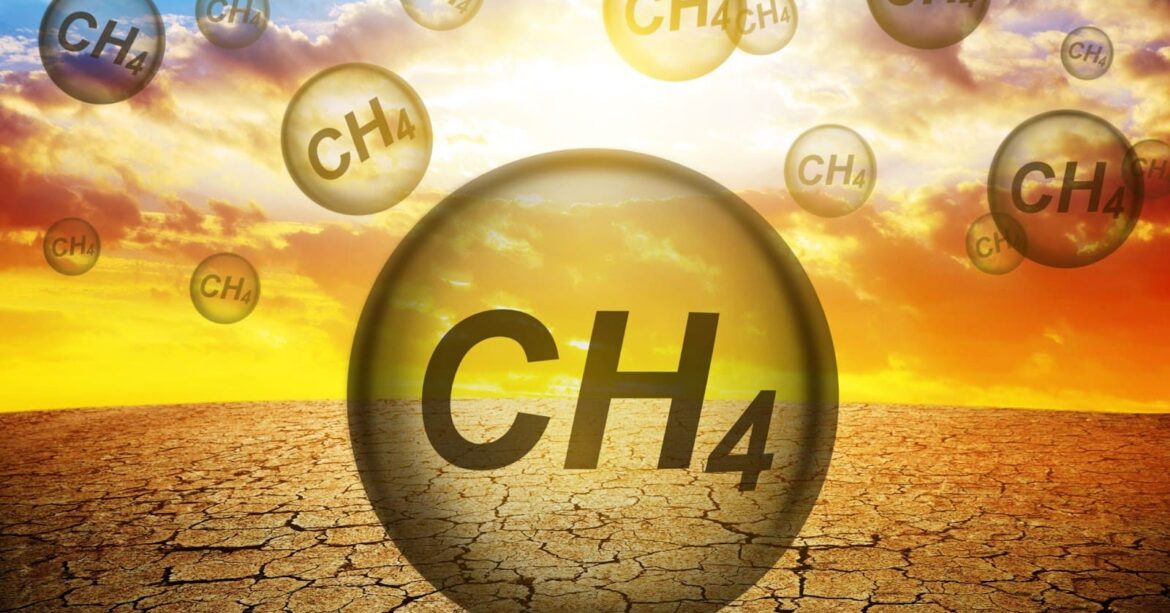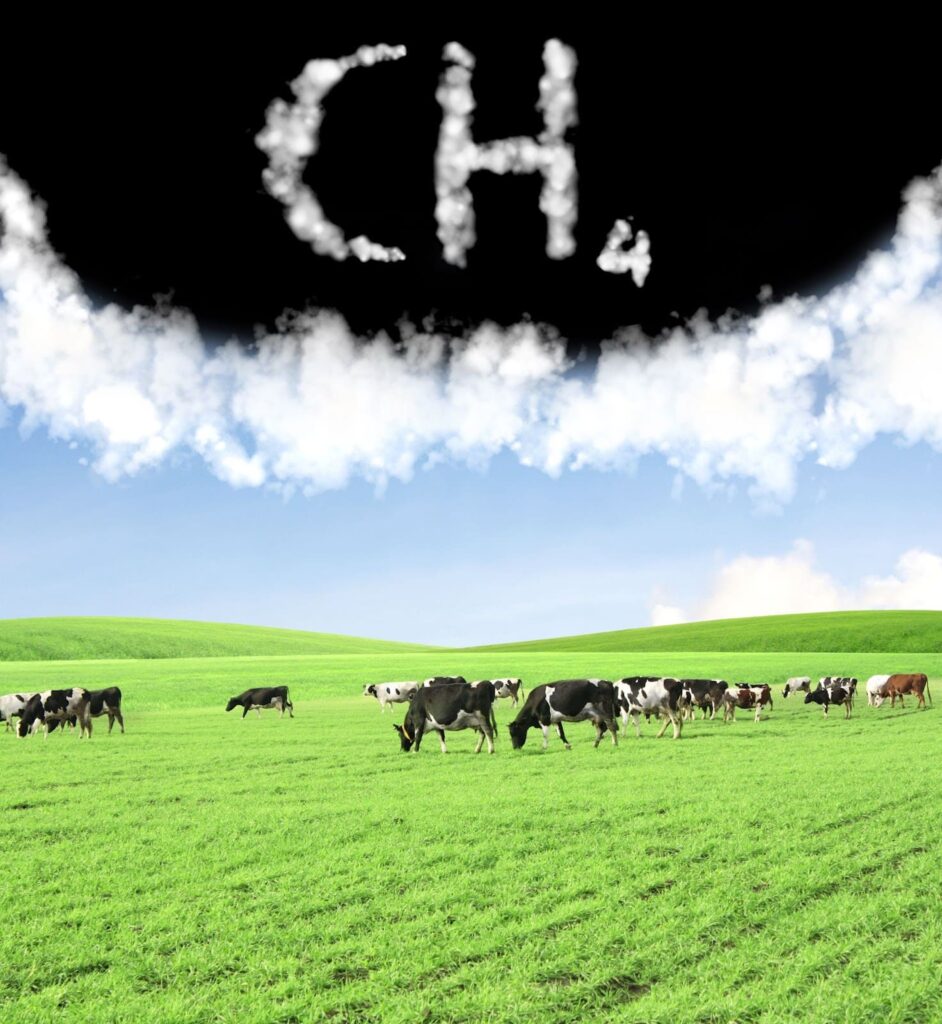New Methane Busting Partnership Created
Grazing animals release methane into the atmosphere which is damaging to the climate. In fact, methane is 28 times more powerful than carbon dioxide when it comes to warming the planet we live on.
Altogether, around 20% of global warming so far can be attributed to the presence of methane. So, ch4 global emissions are a major concern. Grazing animals are not the only cause of methane, but they are a major contributor. So, a partnership has been created to develop supplements for livestock. This partnership will work to reduce methane emissions while also boosting productivity in the industry and providing a high level of animal nutrition.
Key points
- Grazing animals release methane into the atmosphere which is damaging to the climate.
- A newly formed three-way partnership between Meat and Livestock Australia, the University of Sydney and private company Agcotech aims to alleviate the issue while also aiming to increase productivity.
- The partnership will do this by investing in existing and newly developed combinations of products to mitigate against methane emissions.
- Agcotech brings valuable knowledge to the new methane busting partnership as it already specialises in the development of medicated nutritional technology that reduces methane emissions.
This is a three-way partnership between Meat and Livestock Australia, the University of Sydney and private company Agcotech. Over the next four years, the partnership will invest in existing and newly developed combinations of products to help Australian farmers mitigate against methane emissions. It will combine these efforts with feedblock technology that is already patented. The overall aim of doing this is to allow a 50% direct methane mitigation target to be met while also enhancing production on pastures.
Work will allow grass-fed beef producers to show their environmental credentials
The work being undertaken by the new partnership is part of an effort throughout Australia to reduce the carbon footprint in farming supply chains including the beef industry. It will make it possible for grass-fed beef producers to show their environmental credentials while protecting the health of their livestock. This will enable them to be part of low carbon and carbon neutral supply chains.
Australian farmers and beef producers welcome this opportunity to be part of the country’s efforts to have a positive impact on reducing emissions and global warming.
As Agcotech chairman, Charles (Chick) Olsson recently said, the partnership is part of Australia’s aim to continue its leadership in best practice in farm welfare. It’s also integral to helping the country to become a leader in carbon reduction.
Agcotech already has products in the market
Agcotech brings valuable knowledge to the new methane busting partnership. The company specialises in developing medicated nutritional technology that improves the welfare of animals, accelerates performance, and reduces the amount of methane released.
Using these products as part of independently verified projects enables certified emission reductions. These reductions provide the opportunity to create credits and offsets that can be purchased by organisations with confidence. Currently there ate two related Agcotech products on the market in Australia.
One of these products is an energy supplement feed additive that aims to meet “additionality” under current beef herd management methods. The system in which this product is used reduces the intensity of methane while increasing the amount of liveweight gain. This means that the turning off of animals can happen earlier. The system also involves the early identification of non-performing breeding cows. They can then be removed from the property as soon as possible thereby reducing carbon emissions.
The other Agcotech product is a direct abatement pasture product that can reduce the amount of methane produced by cattle by a modest amount. This product is mainly used in southern regions of the country, and it also improves the digestibility of pasture. Using this method enables producers to take part in voluntary carbon markets and offset their emissions.
Now that the partnership is in place, it aims to build on these products and invest in the ongoing reduction of methane emissions from livestock.
5 - 5Shares



